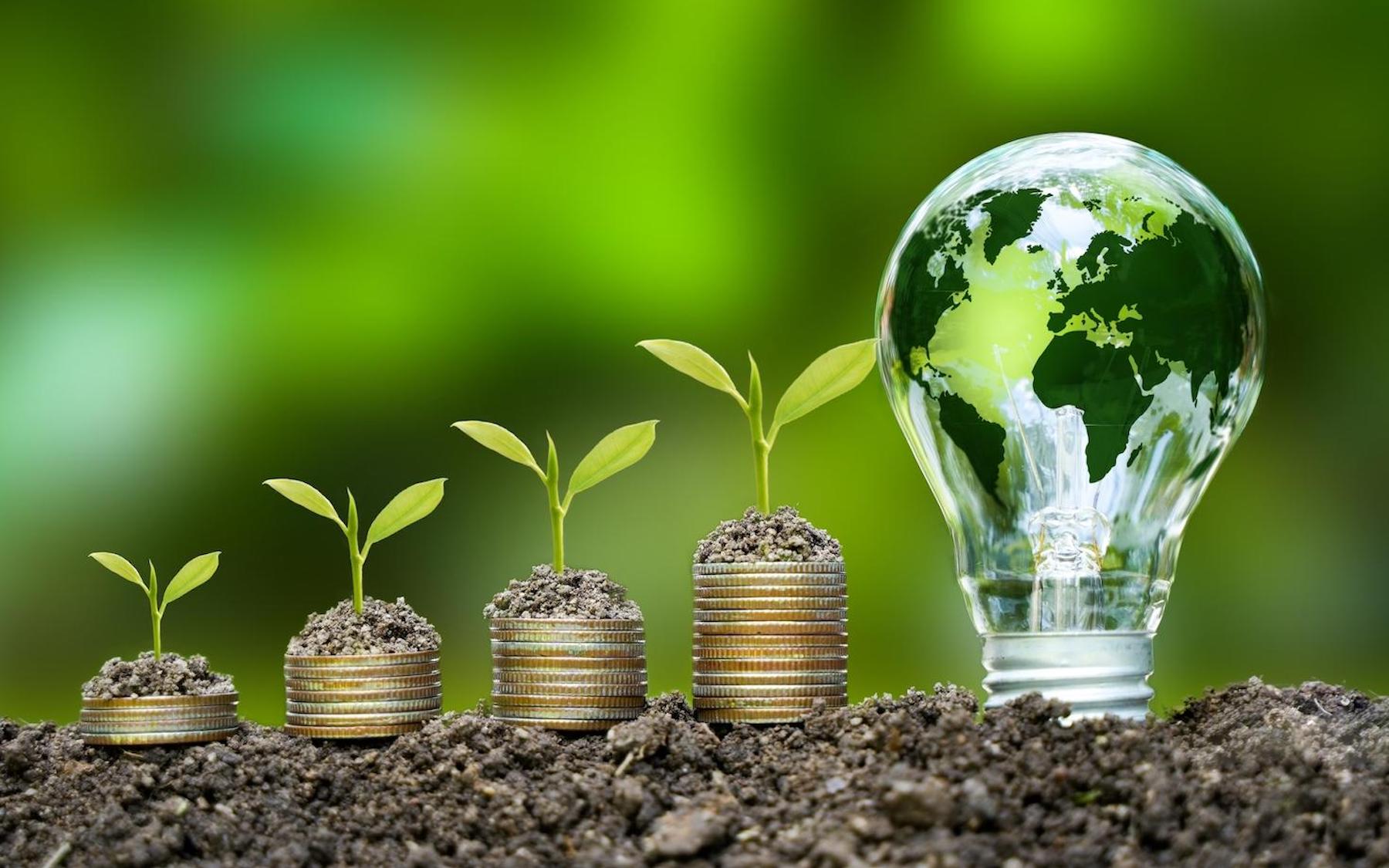
As 2025 unfolds, the global landscape for sustainability and carbon finance is poised for remarkable shifts. With increasing commitments to net-zero goals, evolving regulatory frameworks, and the growing role of technology, this year presents a pivotal moment for the Global South, where climate finance has the potential to drive real impact.
At the Institute of Sustainability and Development Finance (ISDF), we are committed to fostering sustainable finance solutions that advance equitable development. As a not-for-profit institution, ISDF provides sustainability advisory services, resource mobilisation, capacity building, and research to support climate resilience and economic transformation across Africa. With a focus on environmental, social, and governance (ESG) considerations, carbon markets, and green business strategies, we are dedicated to shaping a more sustainable future.
Key Trends Shaping Carbon Finance in 2025
- Market Expansion and Valuation
The carbon market is set for unprecedented growth, with projections indicating it could reach $1 trillion annually by 2050. This expansion is driven by regulatory advancements, voluntary market maturation, and the increasing adoption of carbon pricing mechanisms. - Regulatory Developments
The finalisation of Article 6 at COP29 has provided much-needed clarity for international carbon trading, enabling country-to-country transactions and centralised market mechanisms. This regulatory certainty will encourage greater participation in carbon markets and bolster confidence among investors and project developers. - Technological Advancements in Carbon Tracking
Artificial Intelligence (AI) and blockchain technology are revolutionising carbon accounting and verification. These digital tools enhance transparency, streamline emissions tracking, and reduce transaction costs, making carbon finance more accessible and efficient. - Renewable Energy Expansion
Declining costs of solar, wind, and hydro energy are driving large-scale investments, particularly in Africa. These developments not only contribute to emissions reductions but also support economic growth and energy security across the continent.
What We Hope to See in 2025
While these trends signal progress, true transformation in climate finance requires intentional action to ensure equitable benefits. At ISDF, we advocate for the following priorities:
- Equitable Climate Finance Distribution
Funding must reach the communities that need it most. Local governments, grassroots initiatives, and smallholder farmers should have access to climate finance to implement sustainable solutions tailored to their unique challenges. - Strengthening Local Carbon Markets
With clearer international frameworks, local carbon markets must prioritise projects that not only reduce emissions but also drive socioeconomic benefits. Initiatives aligned with the Integrity Council for the Voluntary Carbon Market (ICVCM) Core Carbon Principles can ensure high-quality, community-focused carbon credit generation. - Democratising Climate Technologies
AI and blockchain should not remain exclusive to large corporations. Emerging digital solutions must be made accessible to SMEs, agricultural cooperatives, and local businesses to enable broad-based participation in carbon markets. - Green Jobs and Economic Growth
Renewable energy investments must translate into job creation and economic empowerment. By developing a skilled workforce in sustainability-related sectors, Africa can capitalise on the green transition to build long-term economic resilience. - Transparency and International Collaboration
Greater cooperation between governments, private sector players, and multilateral institutions is essential to translating climate pledges into tangible actions. Transparent market mechanisms and rigorous accountability measures will be critical in ensuring climate finance is deployed effectively.
Driving Change Through Expertise and Innovation
At ISDF, we are committed to supporting the development of robust carbon finance mechanisms that drive sustainable impact. Whether through capacity building, carbon auditing, greenhouse gas inventory development, or climate risk assessments, our work is geared towards strengthening Africa’s participation in global sustainability efforts.
As we navigate 2025, we invite stakeholders across industries to collaborate in building resilient, inclusive, and high-integrity carbon markets. By aligning financial flows with sustainability goals, we can unlock the full potential of climate finance for a just and prosperous future.

